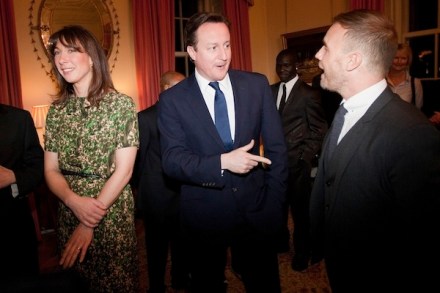Hallucinogenic dream
TelevisionOne of the great things about working in a collapsing industry is the cornucopia of possibilities that begins to open up of all the stuff you could do instead. In the past 18 months I have toyed with becoming: a speechwriter, a radio shock jock, a YouTube cult, a think tank senior visiting fellow, a




















